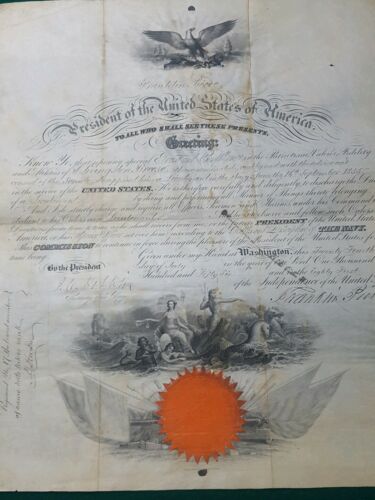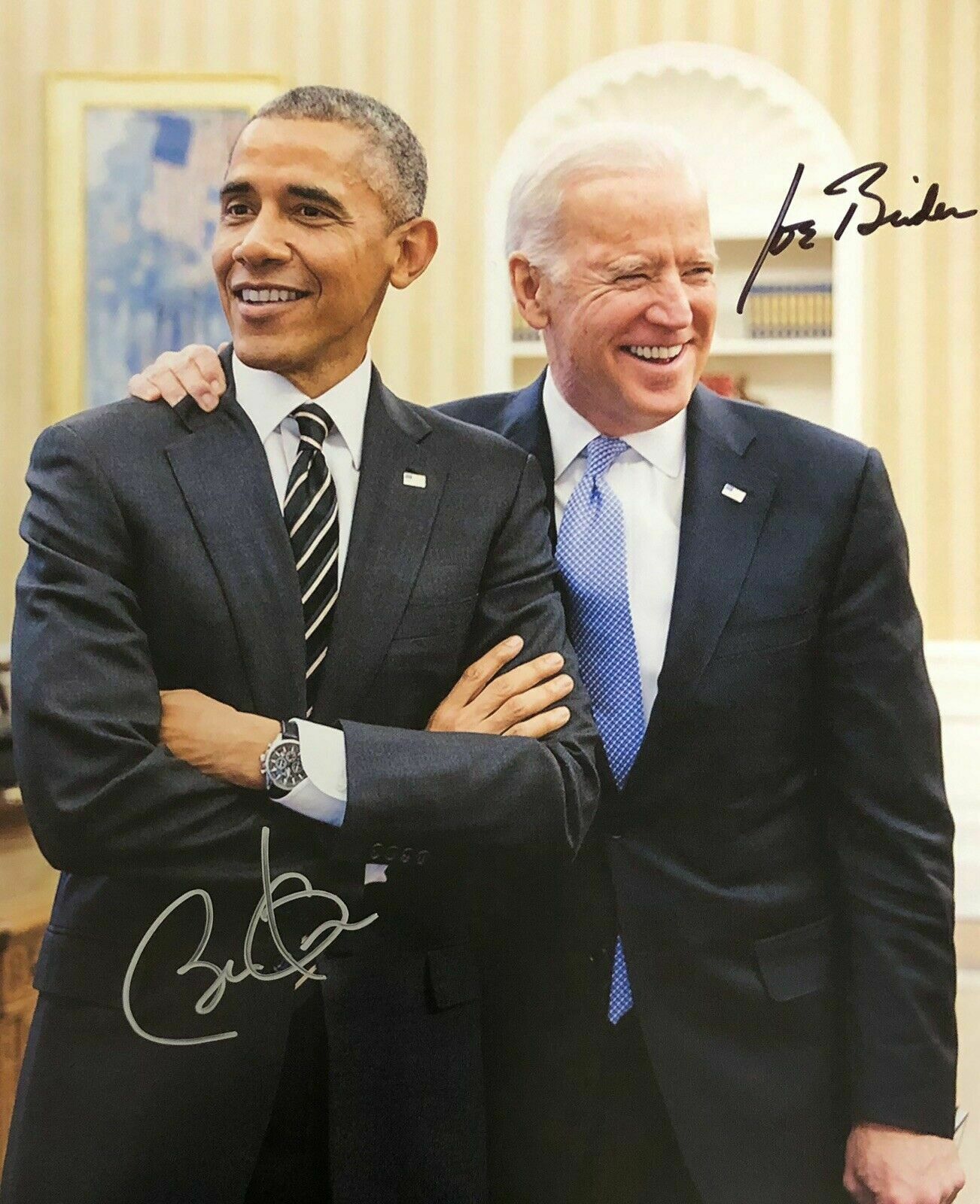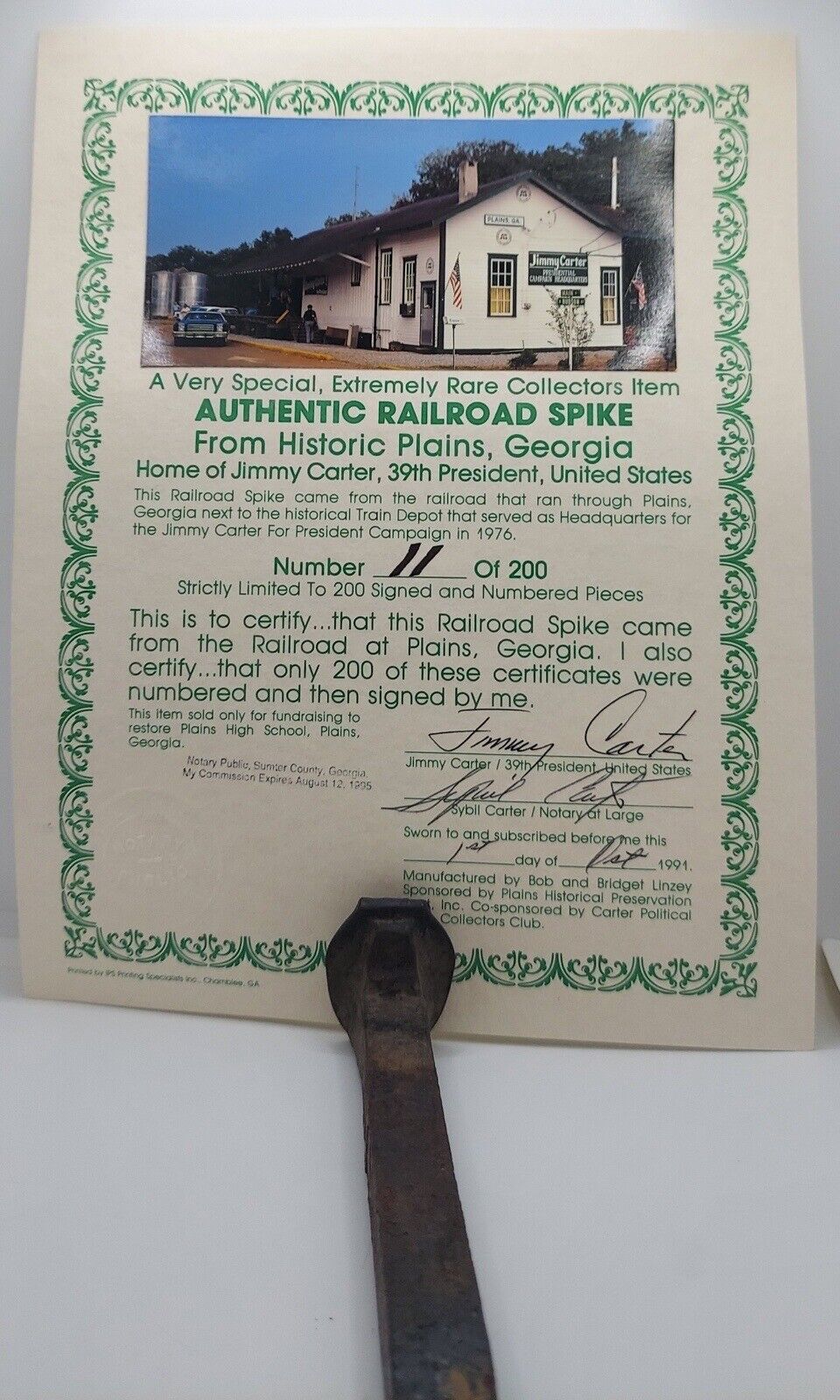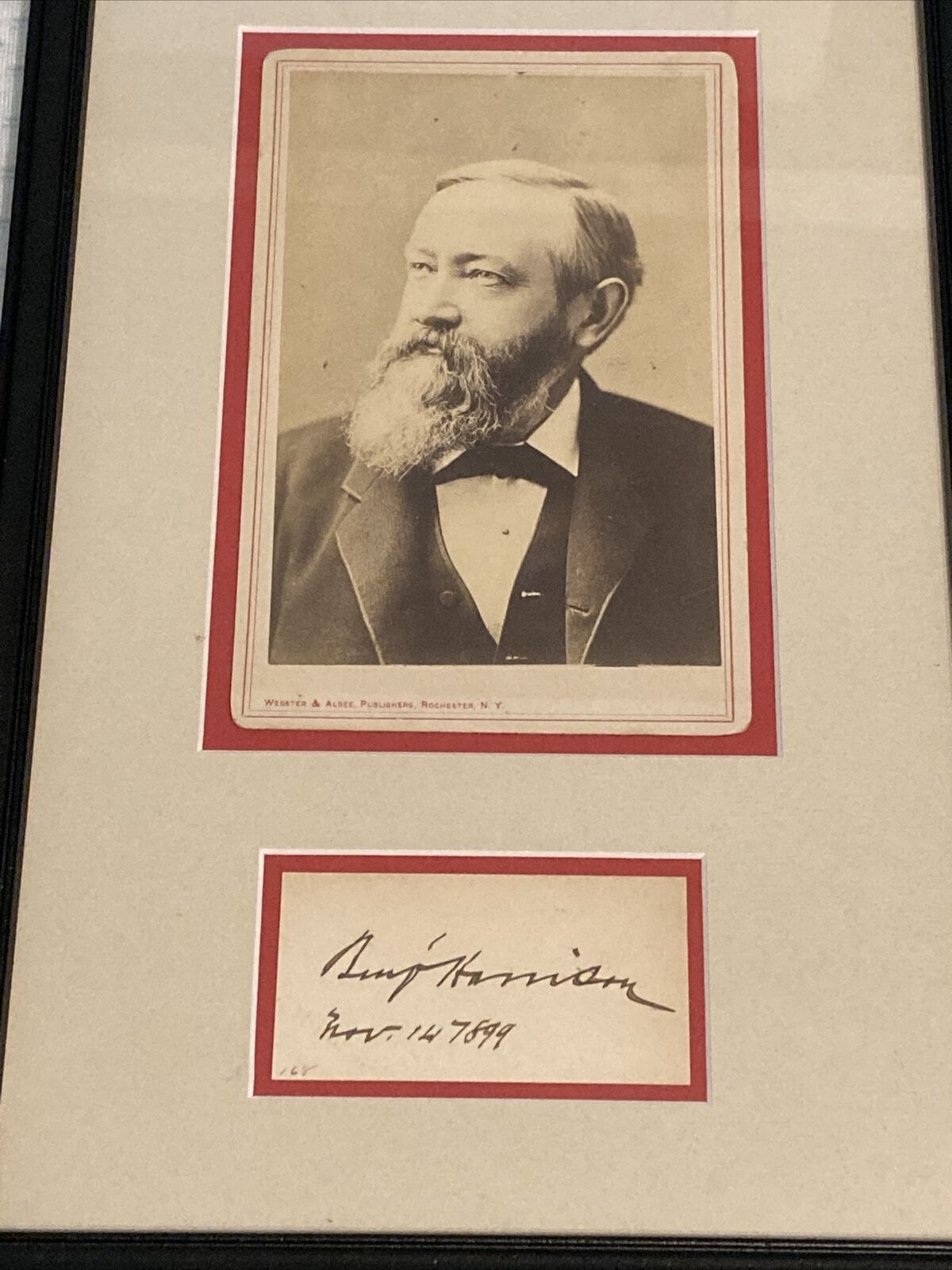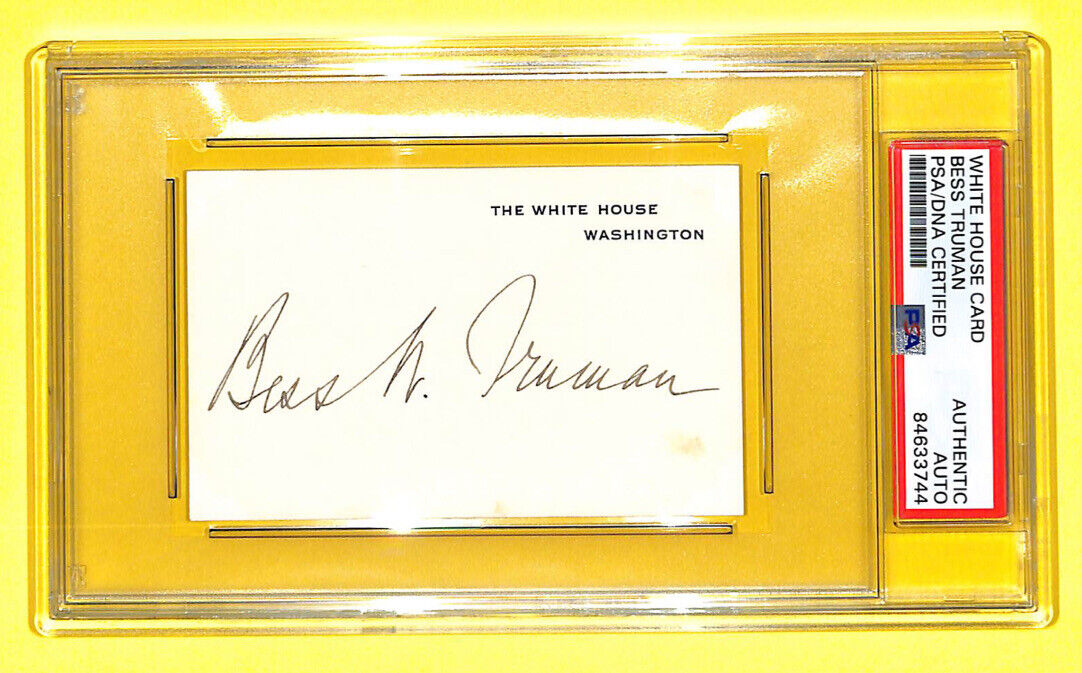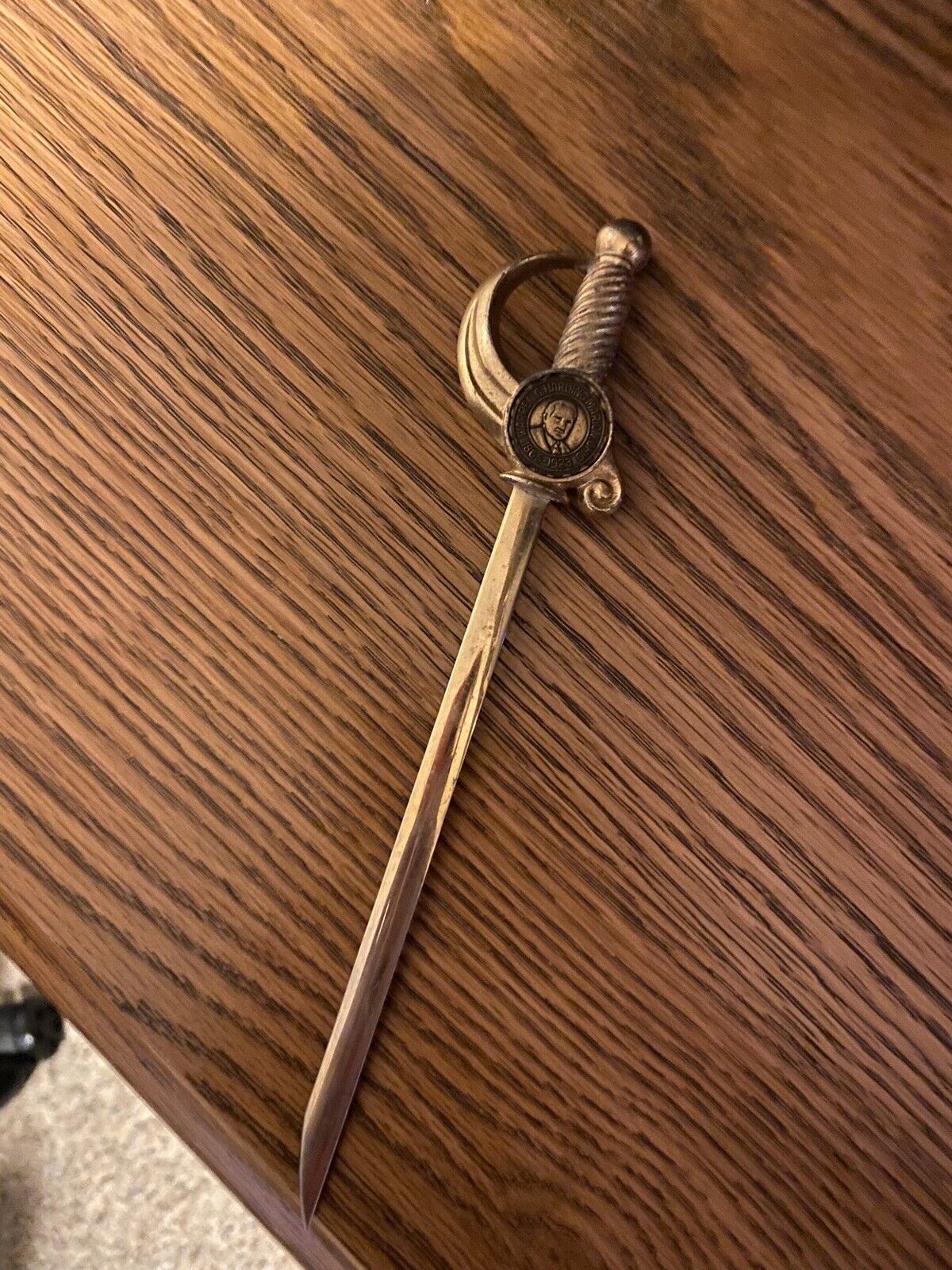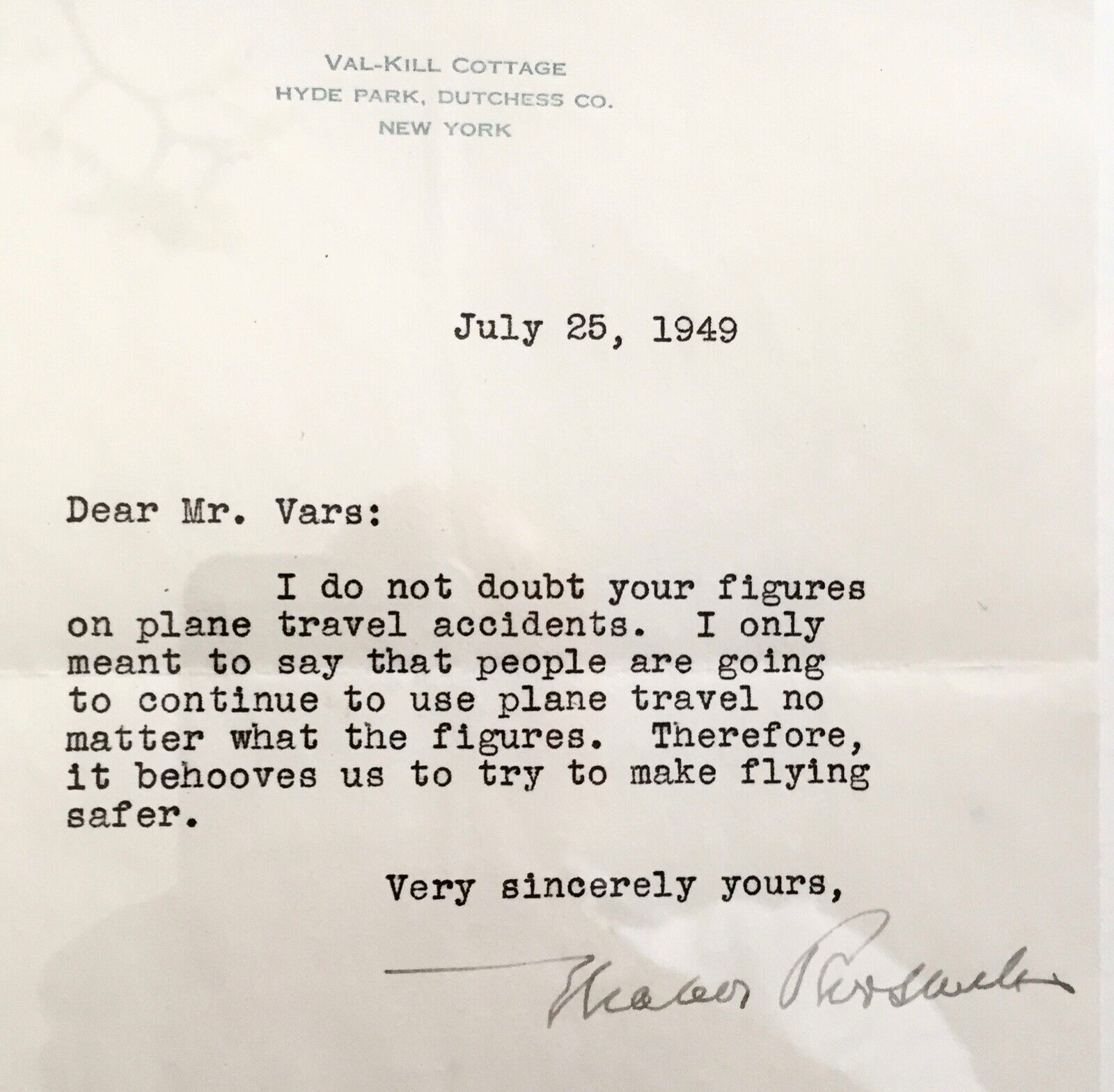-40%
President Franklin Pierce Signed Naval Appointment 1855 Civil War Hero
$ 897.6
- Description
- Size Guide
Description
Samuel Livingston Breesegraduated from Union College in Schenectady New York, after graduating he entered the Navy and was promoted to Lieutenant on September 16, 1855, He was on board the "
USS Crusader
" a Steamer of the United States Navy Prior to the American Civil War. The
"USS Crusader"
was heavily armed with four 32-pounder guns, eight 24- pounder guns and one 12- pounder gun, she was used in "gunboat diplomacy" role when the United States needed to place political pressure on Paraguay. After completing that mission, she returned to the United States to participate as a gunboat in the blockade of the Confederate States of America. On July 16th 1862 Samuel Livingston Breese was promoted to Lieutenant Commander by
President Abraham Lincoln
where he commanded the Quaker City of the South Atlantic blockading squadron in 1862-1863 and the gunboat
"Ottawa"
in 1863-1864. The
"USS Ottawa"
participated in nineteen operations against ships and shore installations from Hilton Head South Carolina to the St. Johns River in Florida. It was on the
"USS Ottawa"
in May of 1864 that Commander Breese stopped the Confederate Forces from crossing the Saint Johns River by ferrying some 700 union men upriver to Jacksonville. The
"Ottawa"
was one of the largest gunboats on the Saint Johns River sporting 12 cannons and two 150- pound guns. In the early evening of May 22, the sound of cannon fire shattered the evening quiet, Lt. Commander Breese was aboard the
"Ottawa"
when an attack began from the rebels, along the shore , Southern artillery continued to flash in the darkness, The Rebels fired 28 rounds before
"Ottawa's"
cannon responded, including the 150 pound guns. When the gunboat began returning fire, the Confederates withdrew into the night with no losses. The "Ottawa" had no casualties but was heavily damaged, as thirty seven rounds had struck the gunboat. The Next day May 23, another gunboat the "Columbine" was attacked by the Confederates and was forced to run aground, Unfortunately, for the Union men many were killed and most forced to surrender and eventually taken to prison, The
"Ottawa"
was downstream a few miles and was not able to make it back in time, the Confederate commander knew that the
"Ottawa"
was a formidle ship and therefore ordered the "Columbine" destroyed. This was called the Battle of Horse Landing. The
"Ottawa"
commanded by S. Livingston Breese forced the confederate battery at Brown's Landing to withdraw thus, preventing the Confederates from advancing further up into northern Florida.
Franklin Pierce
( November 23, 1804- October 8, 1869) was the 14th President of The United States ( 1853-1857), a Northern Democrat who saw the abolitionist movement as a fundamental threat to the unity of the nation. He alienated anti-slavery groups by championing and signing the Kansas-Nebraska Act and enforcing the Fugitive Slave Act, yet he failed to stem conflict between North and South, setting the stage for Southern secession and the American Civil War.
James Cochran Dobbin
( January 17,1814 - August 4, 1857) was a nineteenth century politician and lawyer who served as United States Secretary of the Navy from 1853 to 1857. A firm believer in a strong Navy as an insurance for peace, Dobbin instituted reforms throughout the Navy. Eighteen of the finest ships of their class in the world were built during his tenure as Navy secretary. Under his auspices, the Perry expedition to Japan was carried to a successful termination and the treaty with that country signed. He ordered U.S. Navy Lieutenant Issac Strain to command a U.S. Darien Exploring Expedition to map and survey the Darien Gap for a Panama Canal to link the Atlantic and Pacific Oceans.
L.B. Hardin
was the
dispersing clerk for the Navy department serving under
President Franklin Pierce.
